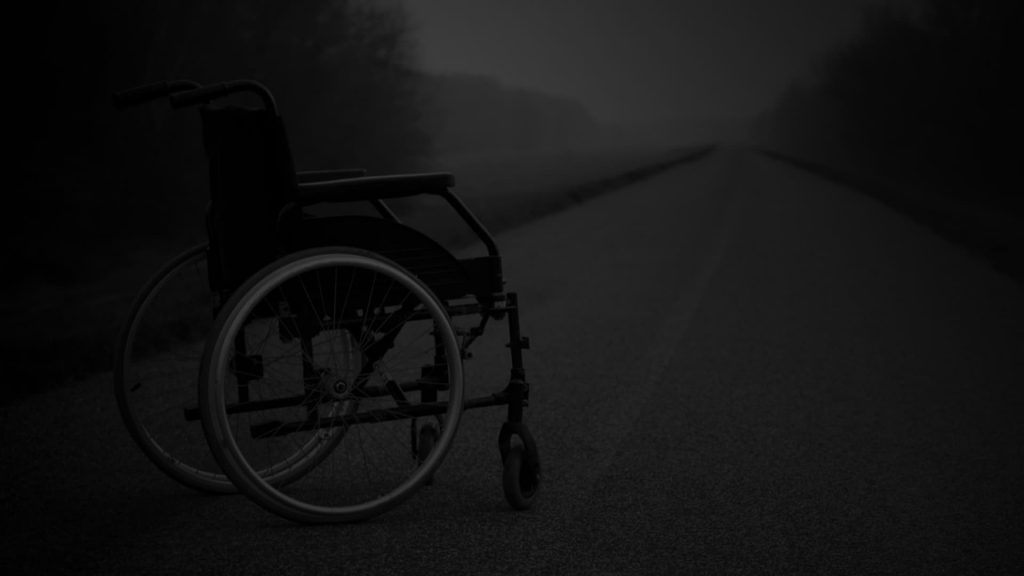If you or a loved one have recently undergone an amputation, you may be wondering if you need the help of an amputation lawyer
An amputation attorney is an invaluable resource for those who have experienced a limb loss. Their insights and experience can make a significant difference in how you approach your claim, as well as the outcome of any potential settlement.
They can provide valuable advice on how best to proceed with the case. Depending on the type of amputation, a qualified lawyer can advise you on what compensation you may be entitled to and how best to pursue it.
In addition to helping with potential legal claims, an amputation lawyer can also provide emotional support by helping you understand your rights and assisting in setting up a plan for recovery from your loss. They may provide information on resources that may be available to help you cope with the physical and emotional effects of the amputation.
What do you need for claiming social benefits if you suffered a traumatic amputation?
If you suffered an amputation, you may be eligible to receive Social Security Disability (SSD) benefits. To qualify for SSD benefits due to an amputation, you must meet the criteria set forth by the Social Security Administration (SSA).
To qualify under the SSA’s listing, you must:
- Have residual limbs or other related medical findings which result from amputations of both upper and lower extremities.
- Undergo surgeries performed due to complications associated with your impairment.
- Establish by medical evidence that you are not able to work.
- Provide proof of your amputation, such as a medical report or hospital records.
- Demonstrate that your amputation prevents you from performing a substantial gainful activity (SGA) — or any type of “gainful” work — due to your physical or mental limitations.
If you meet the criteria outlined in the SSA’s disability listing for amputation, you may be eligible to receive Social Security Disability benefits. It is important to note that each case is evaluated on an individual basis and the SSA will decide whether or not an individual meets the criteria for approval.
Receiving SSD benefits due to amputation can be a lengthy process, so it’s best to start the application process as soon as possible. Additionally, it is recommended to speak with a dedicated amputation attorney to make sure your application is properly filed and that you have all the necessary evidence to support your claim.
You can claim against the at-fault party for your amputation injuries
If you have suffered an amputation due to another person’s negligence, you may be entitled to compensation for your physical and emotional damages as well as expenses related to the accident.
To prove negligence in a personal injury case in Boston, the plaintiff must show four elements:
- Duty of care: The defendant owed the plaintiff a legal duty of care. This means that the defendant had an obligation to keep the plaintiff reasonably safe from harm.
- Breach of duty: The defendant failed to act reasonably and responsibly. This could mean that the defendant was driving recklessly or failed to take necessary precautions to protect the plaintiff.
- Causation: The defendant’s breach of duty caused actual damages (injury or harm) to the plaintiff.
- Damages: They were a direct result of the defendant’s negligence and had a monetary value, such as medical bills, lost wages from missed work, or pain and suffering.
















